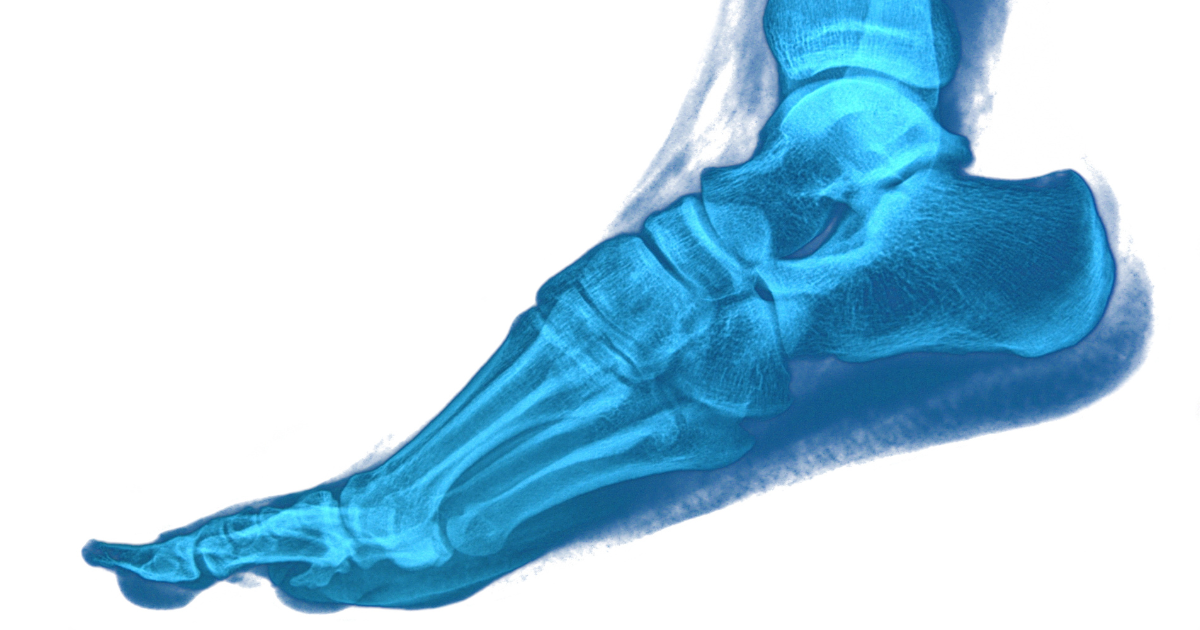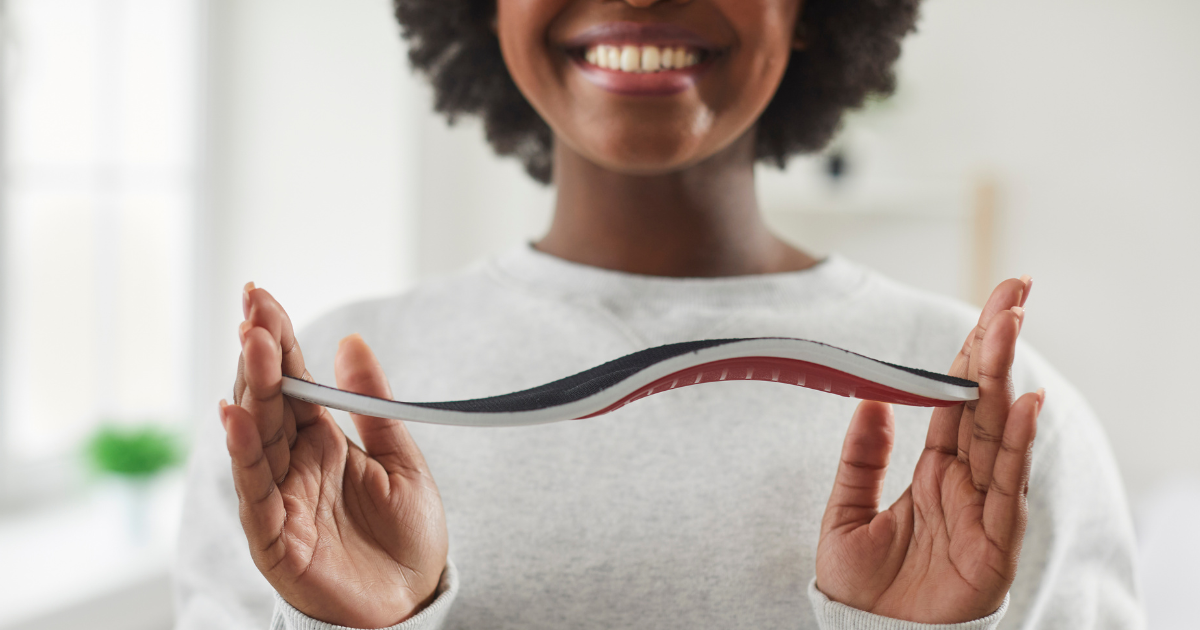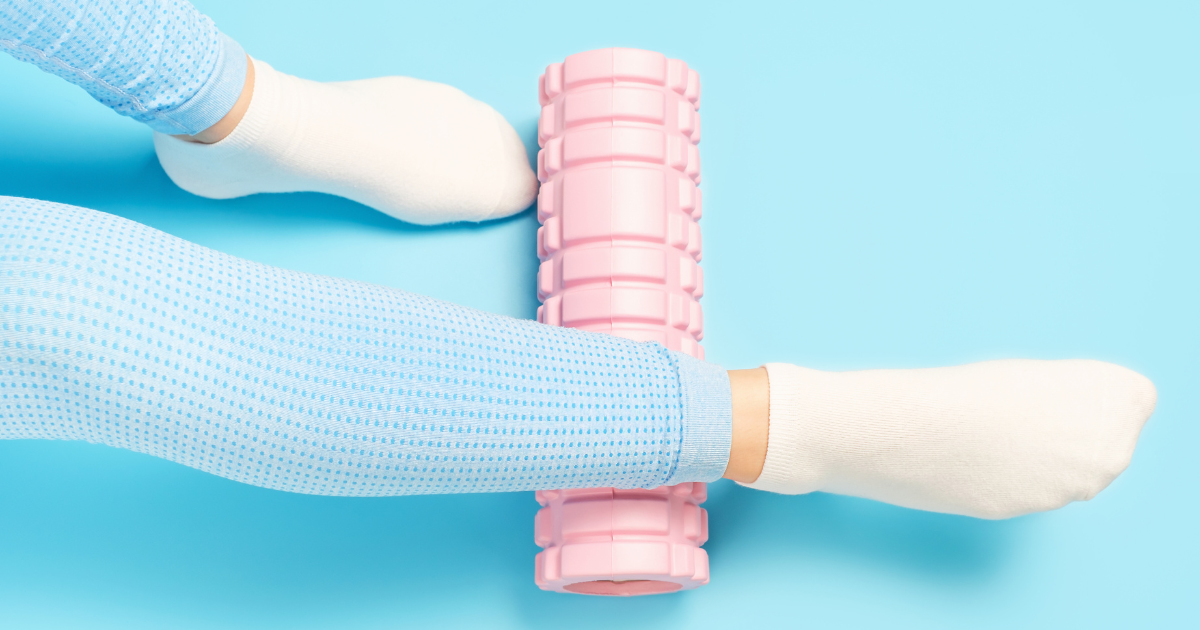Ever thought about the shoes you wear on shift? You are on your feet a lot, so it makes sense you choose footwear that offers the best fit, comfort, and support for long shifts.
Who better to give us some advice than a qualified podiatrist, who specialise in everything about your feet and lower limbs, and can not only advise on what to look for in a shoe – but recommend and implement treatment plans.
We caught up with Victoria Kokotatsios who has treated clients for many years in hospitals and private practices here and internationally.
For those of us who have never been to a podiatrist, tell us a bit about yourself, your training and experience.
Podiatrists are highly skilled health professionals trained to help prevent, diagnose, treat, and rehabilitate medical and surgical conditions of the feet. I completed my Masters in Podiatric Medicine after a Bachelor of Exercise and Sports Science and have been working in podiatry for 6 years.
I have treated in hospitals and private practices throughout Sydney and also spent time overseas in Galway, Ireland. A former Master Fit Technician and manager at the Athlete’s Foot, I am often the go to person for footwear recommendations at work.


What issues arise when you are standing or on your feet all day?
Jobs that require us to stand all day place an undue stress on our feet, legs, knees, and hips. In order to keep you standing upright, stable, and still, many muscles throughout your feet, legs, hips, core and back must stay constantly engaged, while your feet bear your full body weight over and over.
There’s no break or downtime for your muscles – and your body is having to constantly work against gravity to keep blood moving up and away from your feet. Prolonged standing at work has been shown to be associated with a number of potentially serious health outcomes, such as lower back and leg pain, cardiovascular problems, fatigue, discomfort, and pregnancy related health outcomes.


So what features should a good work shoe for nurses have?
Your shoes should have the following features to provide support and comfort all day:
Appropriate width, depth and length
When footwear isn’t the right size it can lead to callouses, corns, compressed nerves and even structural changes to the feet
Stable heel counter
It should be firm when you press on it, if it collapses it is too soft and unstable
Flexible at the forefoot
You should be able to bend slightly across the ball of your foot to compliment your natural gait cycle
Stable midfoot
The shoe should never be able to bend completely in half at the midfoot (as your foot doesn’t bend here!)
Fixation
Laces or Velcro should keep keep the shoe on your foot and minimise slipping and moving in the shoe.
Small heel raise
A small raise in the heel is preferred to a completely flat shoe – but no higher than 1 inch (2.5cms)
Arch support
Some medial arch support is essential to help support the structures within the arch of your foot, such as the plantar fascia and midtarsal joints.


What’s the difference between sneakers vs work shoes?
Shoes are constructed very differently depending on the activity. Your shoe should be fit for purpose – so you want to think about what type of movements you are doing throughout the day.
Sneakers are made for linear movement- i.e. walking in a straight line. They are traditionally made with an EVA or foam sole (a foam material made from thousands of bubbles of air which will condense and flatten over time) are perfect for short stints of exercise or when you're on your feet for a short period of time.
Work shoes should have materials known for durability and longevity. They should have a more rigid heel counter for stability and to keep you balanced. The sole should be made with a more condensed material (such as PU or rubber) which will not flatten over time and is naturally shock absorbing.
Can you recommend some specific shoe brands/models for this type of use, and/or types of shoes?
Some great work shoe brands include Ascent, Frankie 4, She Wear and Ecco.


What are some general tips on relieving foot pain/strain for nurses, who are on their feet all day?
My top tips are:
• Stretch and roll your feet when you can, this can help get the blood flowing back to the feet and alleviate tension that may cause aches or pains
• Compression socks can promote blood flow and oxygen to reduce pain and swelling
• Change your shoes regularly, around every 9-12 months
• See a podiatrist if there are any lingering problems
Victoria Kokotatsios practices from the Movement 101 and HK Podiatry clinics in Sydney, and can be found on Instagram (@thepetitepod).
